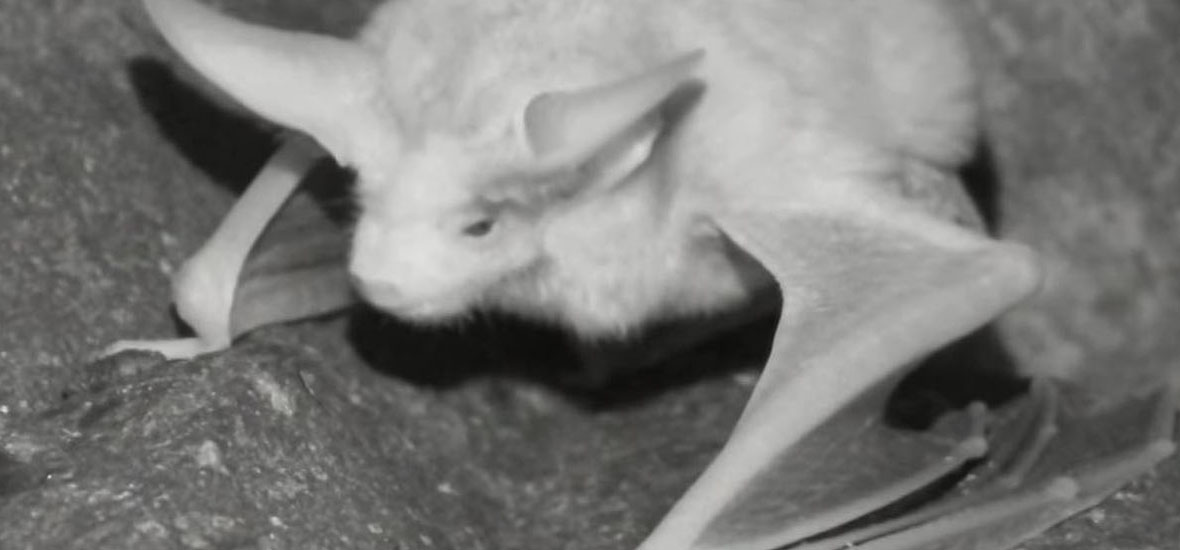- info@OverlandParkpestanimal.com
Call 24/7 for a free quote:
913-828-0901
Overland Park Bat Removal: All the Laws and Regulations to Know FIRST!
The way that mainstream Overland Park media has depicted bats do not do them any justice. Bats actually deliver a range of benefits to humans. They can control the population of the insects every night. In fact, a single bat has the capacity to eat at least 3,000 mosquitoes that can possibly carry Malaria and Dengue fever. There are also species of bats that acts as a pollinator. While some homeowners will treat bats as nuisance creature, the federal government recognized the benefits that they can provide.

The Bat Status on Federal Laws
This is why the federal government has enacted policy that aims to protect them against unlawful eviction. According to the 1973 Endangered Species Law there are at least 6 endangered bats species that are included in the Federal list. Under the federal law, they are not only protecting the bats but also their roosting ground. The mines and caves that they are using for roosting or hibernating should never be disturbed.
The regulation will vary depending on the state. However, it is commonly not allowed to kill, possess, or injure the Kansas bats. Individuals who have been proven to violate the laws are subjected to 6-month imprisonment and hefty fines.
Laws on Overland Park Bat Exclusion
Exclusion should only be performed at a specific time. Normally this is during April and August (this may vary depending on the climate of your state). During the nesting season, exclusion of the bats is not allowed. Remember that while the mother bat will leave their roost at night, the babies are still completely dependent to the mother bats for survival. Exclusion is also not allowed during the hibernation period of the bats (October-March). There are, however, some exceptions to these restrictions. For instance, if there is an imminent threat to the public safety and health.
Capturing Bats that are in Flight
Active bats are healthy bats which mean that you are not allowed to trap them during the same period mentioned above. If the Kansas department enforcing the law determined that the bat is a potential carrier of rabies or other diseases, they will provide you with a specific instruction in capturing the bat. In the event that they determined that the bat is releasable, you should allow them to quietly leave your house. Simply close the door and open the window that leads outside.
Injured or Sick Bats
In case you have been exposed to a Kansas bat that is a potential carrier of rabies, do not hesitate to seek the help of the DOH. If human exposure did not occur, the DOH should also provide you a clear set of guideline when collecting them.
Most of the Overland Park state will also require the bat removal expert to carry the necessary license when performing exclusion. They need additional permit when excluding bats that are included in the federal list. They should only perform exclusion if the bat presents hazards and risks to humans. For the rehabilitators that are collecting injured and sick bats, license and permits are also required.
Visit our Overland Park wildlife trapping home page to learn more about us.

